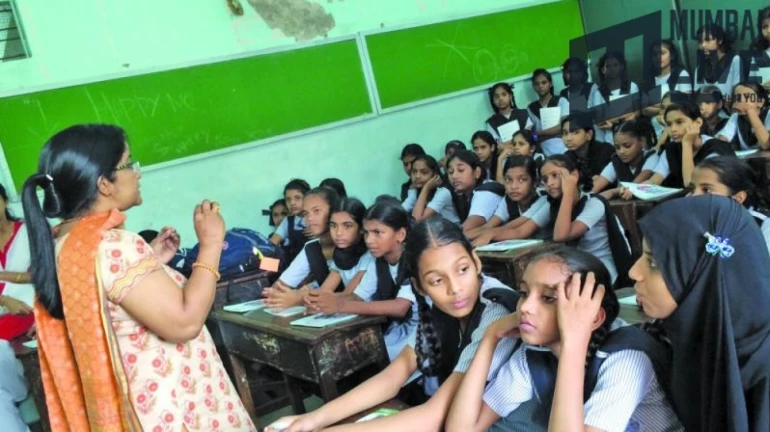
Minority schools are steadily expanding their presence in Mumbai, according to recent data from the Deputy Director of School Education. Of the city’s 1,731 private schools, 950—or 55%—are classified as minority institutions, leaving only 45% as non-minority schools, a mid-day report stated.
These schools are designated as minority-based due to linguistic or religious affiliations. Schools holding minority status are span across three zones in Mumbai -- 245 out of 421 in the south zone, 240 out of 527 in the north zone, and 465 out of 783 in the west zone.
The growing number of minority schools has raised concerns among parents, educators, and policy experts. Many are questioning whether these institutions genuinely serve the minority communities they are meant to support or if some are exploiting this status to bypass obligations under the Right to Education (RTE) Act.
The RTE Act mandates that private schools reserve 25% of seats for underprivileged groups, including Scheduled Castes (SC), Scheduled Tribes (ST), Other Backward Classes (OBC), and Economically Weaker Sections (EWS). However, minority institutions are exempt from this requirement, creating an incentive for schools to seek minority status to avoid these quotas.
Rohit Dandawate, president of the Global Parents Teachers Association (GPTA), noted that the number of schools with minority status surged after the RTE Act was implemented in 2009. He argues that some schools claim minority status to evade the RTE Act’s inclusion standards.
Before 2009, fewer than 70 schools in Mumbai had minority status. But with the enactment of the RTE Act, this number rose to 225 and continued growing, reaching over 640 by 2014. In 2024, the figure stands at 950, indicating a near tripling in minority-designated schools over the past decade.
The data from the Deputy Director of School Education shows that while the total number of private schools in Mumbai has risen by 9.84% from 1,576 in 2014 to 1,731 in 2024, the increase in minority schools has been far more pronounced, with a 38.08% rise from 688 in 2014 to 950 in 2024.
Calls for an audit of minority schools have intensified to verify if these institutions indeed cater to the minority communities they claim to serve. Such an audit would involve examining the demographics of enrolled students to determine if a significant portion belongs to the relevant minority groups. Parents and activists warn that without proper oversight, the minority designation could be exploited to sidestep RTE obligations.
Dandawate further points out that minority schools are also exempt from the Right to Information (RTI) Act once granted minority status. He stresses the need for regular state audits to assess compliance with minority status regulations and to withdraw the designation from schools that do not admit minority students.
With the proliferation of minority schools in Mumbai, questions persist about their role and the impact on the city’s education system. Some view this trend as exposing a policy loophole that might weaken the RTE Act’s goal of inclusive education. Many believe an independent audit could help ensure that the benefits of minority status reach the intended communities.





